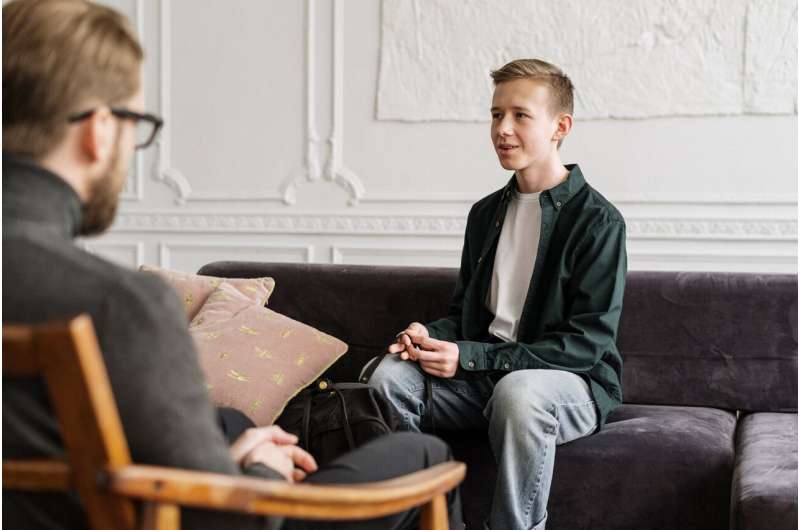Integrating Brief Psychotherapy into Short Psychiatric Medication Visits

Learn how brief psychotherapy can be successfully incorporated into short medication visits in psychiatry, expanding access and enhancing treatment outcomes. An approach supported by leading experts in the field.
In recent developments within psychiatric practice, shortened medication appointments lasting between 15 to 30 minutes are becoming increasingly common. Driven by insurance reimbursement patterns modeled after internal medicine and surgical visits, these abbreviated sessions aim to optimize efficiency. To support clinicians in this shift, a series published in the Journal of Psychiatric Practice explores how brief psychotherapy can be effectively incorporated into these condensed medication visits.
The series highlights strategies for implementing three key psychotherapeutic approaches—supportive, psychodynamic, and cognitive-behavioral therapy—within the constraints of short appointments. Practical guidance includes conducting initial framing discussions with patients to set expectations, clarifying fees and therapeutic goals, maintaining consistent session structures, and documenting the integration of psychotherapy techniques in treatment notes. It also emphasizes the importance of transparent communication about the purpose of psychotherapy involved in billing with the 90833 code, which covers sessions of 16 to 37 minutes.
Integrating psychotherapy into medication visits can expand access for patients who may lack the time or resources for traditional therapy and can enhance psychiatrist satisfaction by allowing a more holistic approach. Clinicians are advised to work within insurance parameters creatively, such as estimating psychotherapy time separately from medication management and using tools like AI scribes to track session content.
While applying these techniques, prescribers should be cautious to avoid overlap with psychotherapy being provided by outside therapists. Instead, brief in-office psychotherapy should aim to support medication adherence and overall treatment goals.
This approach is supported by leading psychiatrists like Samuel Dotson, MD, John C. Markowitz, MD, David Mintz, MD, and Michael E. Thase, MD, who advocate for adapting psychotherapy to modern, brief clinical encounters to improve patient outcomes and clinician workflow.
For further details, the full insights are published in the Harvard Review of Psychiatry (2025): DOI: 10.1097/PRA.0000000000000884.
Source: https://medicalxpress.com/news/2025-09-psychotherapy-readily-med-psychiatry.html
Stay Updated with Mia's Feed
Get the latest health & wellness insights delivered straight to your inbox.
Related Articles
Half of Australian Women Experience Poor Mental Health in 2025, Report Finds
A new report reveals that over 50% of Australian women are experiencing mental health issues like depression and anxiety in 2025, urging urgent gender-sensitive reforms.
Outdoor Recreation as Essential Public Health Infrastructure During Crises
Research shows that outdoor recreation is a critical component of public health, helping reduce stress and depression during crises. Promoting access to outdoor spaces can improve mental well-being and health equity.
Neuroscience-Informed Well-Being App Launches to Enhance Mental Resilience
Discover ReNeuWell, a neuroscience-backed app designed to boost mental well-being and resilience through personalized activities like mindfulness, meditation, and goal-setting, currently in clinical trials in Australia.
Enhancing Mental Health Support in Schools Mitigates Risks in Disadvantaged Communities
Increasing access to mental health professionals in schools can significantly reduce mental health risks for youth in disadvantaged neighborhoods, highlighting the importance of targeted support for vulnerable students.



